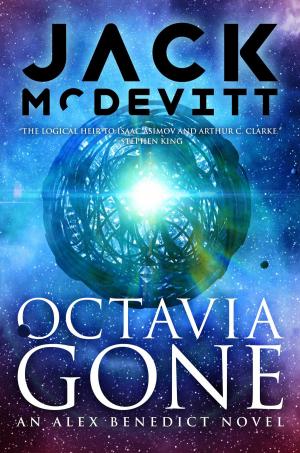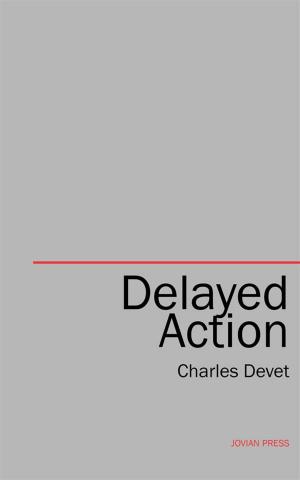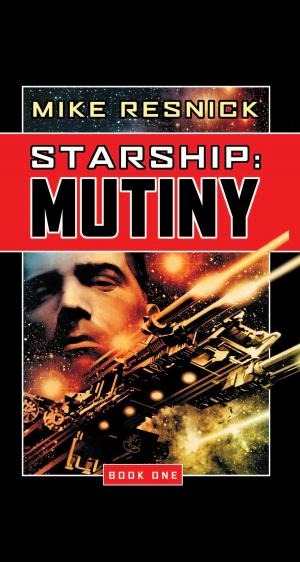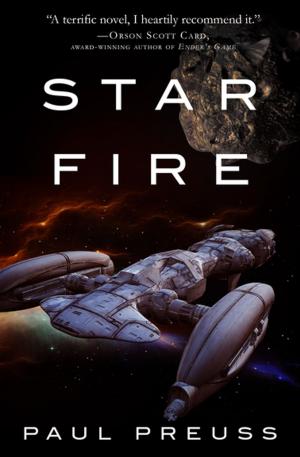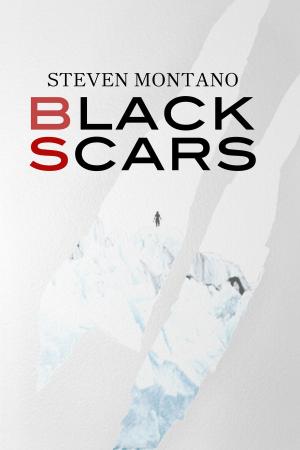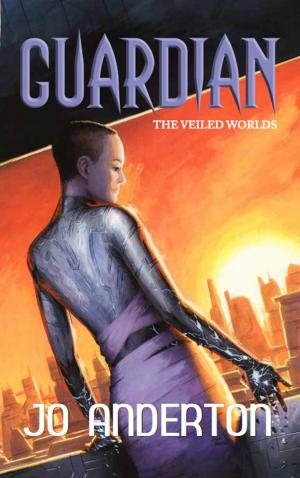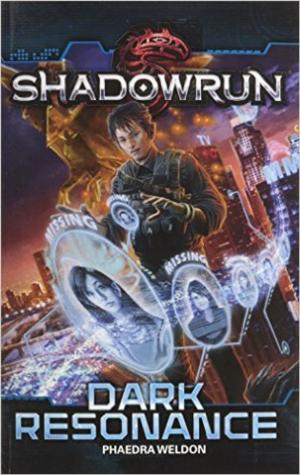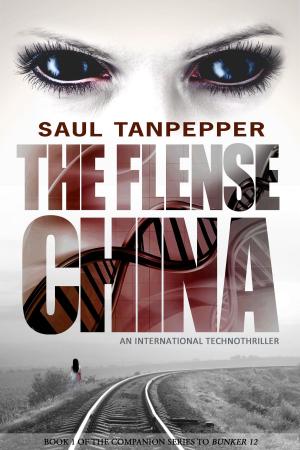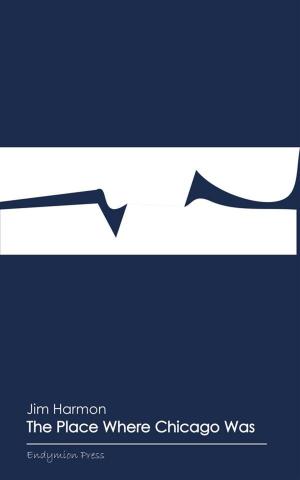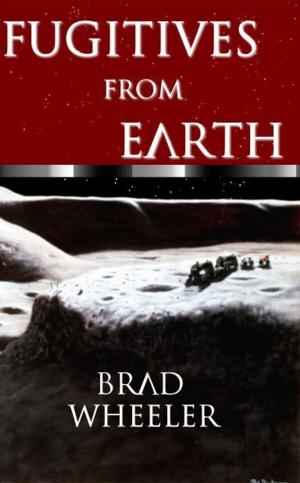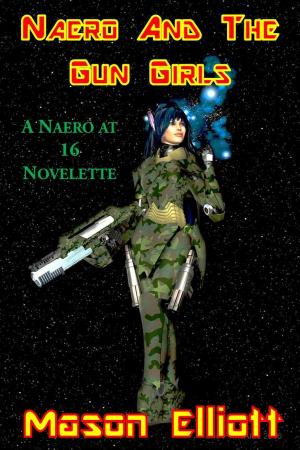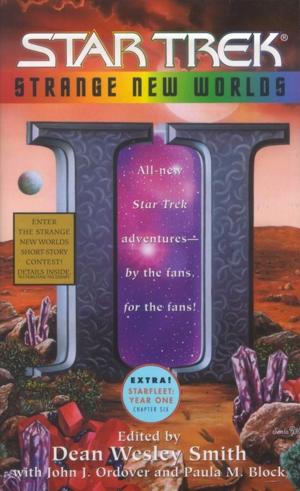| Author: | Bob D'Eith | ISBN: | 9780991993024 |
| Publisher: | Adagio Music Inc. | Publication: | February 12, 2014 |
| Imprint: | Adagio Books | Language: | English |
| Author: | Bob D'Eith |
| ISBN: | 9780991993024 |
| Publisher: | Adagio Music Inc. |
| Publication: | February 12, 2014 |
| Imprint: | Adagio Books |
| Language: | English |
Earth’s resources are running out. Companies are establishing mining operations in outer space. With the gap between the staggeringly rich and hopelessly poor becoming wider and wider, some desperate people have chosen to leave Earth to work in the mines. Large multi-national corporations are leading the charge into space. What kind of life can the new workers expect? How far will companies go to maximize their ever-growing profits?
Bob D’Eith is an entertainment lawyer who lives in Maple Ridge, British Columbia with his wife, Kim, and his five children. Having established himself as an author by publishing a critically acclaimed music business book (“A Career in Music: the other 12 step program”), Bob became fascinated with the craft of writing. As a long time recording artist and songwriter, he took to writing of novels with the same passion that he always did in creating music. “The Displaced” is Bob D’Eith’s first novel and the first installment in “The Corpocracy Series.”
THE DISPLACED
PART I Down Below
The Joint Stock Companies Act of 1856 in the UK was the beginning of the modern company. The basic principal was that the corporate structure limited liability for shareholders, protecting them from personal lawsuits. This made investment more palatable, allowing risky overseas trade to flourish. Companies became legal “persons” who dominated the entire global economy. The purpose of a company was to make profit for its shareholders; it had no heart and no soul. In fact, if a board of directors acted benevolently towards society, leading to a loss in profit, the shareholders would be well within their rights to sue the directors. The government’s role in all of this was to act as the conscience for the company. Regulation was meant to ensure that the quest for profit was tempered by the needs of the community. If, however, a government was usurped by corporate interests, leading to complete deregulation, then a Corporatocracy (or Corpocracy as it would be commonly referred to) would ensue, a system of governing that would put the pursuit of profit ahead of everything else. - Cassandra Taylor, chief colonial historian
Chapter 1
Matt sat on his garage-sale couch contemplating how he got here, a roach infested rental just outside the spaceport complex in New Dallas. At least he had his holoscreen and his old school 2-D movies. They don’t make them like they used to. He had spent the last ten years trying to right a wrong that had happened to his family, but that was ancient history now. Nobody cared about the Displaced any more.
When 911-2 happened on September 11, 2053, the suitcase nukes had destroyed entire city centers. Matt’s family was lucky to survive, having gone camping on the Oregon coast that horrifying week. The family had lost everything when Seattle was destroyed – friends, family, their very home. Dallas and Toronto were hit at the same time, on the same day. Other bombs failed or were thwarted in Washington, New York, and Los Angeles. It came out of nowhere, when most people had forgotten about the old Gulf Wars and the War on Terror. Perhaps someone should have listened when the pundits of the time warned that relentless bombing of civilians would lead to generations of new fundamentalists and terrorists.
The world had once again been on the brink of all-out nuclear war, but massive retaliatory strikes by the USA, Canada, and the UK on terrorist targets around the globe were authorized by the international community. A huge pressure valve was released. When the dust settled, it was clear that the world would never be the same again, just like after the first 911...
Earth’s resources are running out. Companies are establishing mining operations in outer space. With the gap between the staggeringly rich and hopelessly poor becoming wider and wider, some desperate people have chosen to leave Earth to work in the mines. Large multi-national corporations are leading the charge into space. What kind of life can the new workers expect? How far will companies go to maximize their ever-growing profits?
Bob D’Eith is an entertainment lawyer who lives in Maple Ridge, British Columbia with his wife, Kim, and his five children. Having established himself as an author by publishing a critically acclaimed music business book (“A Career in Music: the other 12 step program”), Bob became fascinated with the craft of writing. As a long time recording artist and songwriter, he took to writing of novels with the same passion that he always did in creating music. “The Displaced” is Bob D’Eith’s first novel and the first installment in “The Corpocracy Series.”
THE DISPLACED
PART I Down Below
The Joint Stock Companies Act of 1856 in the UK was the beginning of the modern company. The basic principal was that the corporate structure limited liability for shareholders, protecting them from personal lawsuits. This made investment more palatable, allowing risky overseas trade to flourish. Companies became legal “persons” who dominated the entire global economy. The purpose of a company was to make profit for its shareholders; it had no heart and no soul. In fact, if a board of directors acted benevolently towards society, leading to a loss in profit, the shareholders would be well within their rights to sue the directors. The government’s role in all of this was to act as the conscience for the company. Regulation was meant to ensure that the quest for profit was tempered by the needs of the community. If, however, a government was usurped by corporate interests, leading to complete deregulation, then a Corporatocracy (or Corpocracy as it would be commonly referred to) would ensue, a system of governing that would put the pursuit of profit ahead of everything else. - Cassandra Taylor, chief colonial historian
Chapter 1
Matt sat on his garage-sale couch contemplating how he got here, a roach infested rental just outside the spaceport complex in New Dallas. At least he had his holoscreen and his old school 2-D movies. They don’t make them like they used to. He had spent the last ten years trying to right a wrong that had happened to his family, but that was ancient history now. Nobody cared about the Displaced any more.
When 911-2 happened on September 11, 2053, the suitcase nukes had destroyed entire city centers. Matt’s family was lucky to survive, having gone camping on the Oregon coast that horrifying week. The family had lost everything when Seattle was destroyed – friends, family, their very home. Dallas and Toronto were hit at the same time, on the same day. Other bombs failed or were thwarted in Washington, New York, and Los Angeles. It came out of nowhere, when most people had forgotten about the old Gulf Wars and the War on Terror. Perhaps someone should have listened when the pundits of the time warned that relentless bombing of civilians would lead to generations of new fundamentalists and terrorists.
The world had once again been on the brink of all-out nuclear war, but massive retaliatory strikes by the USA, Canada, and the UK on terrorist targets around the globe were authorized by the international community. A huge pressure valve was released. When the dust settled, it was clear that the world would never be the same again, just like after the first 911...

